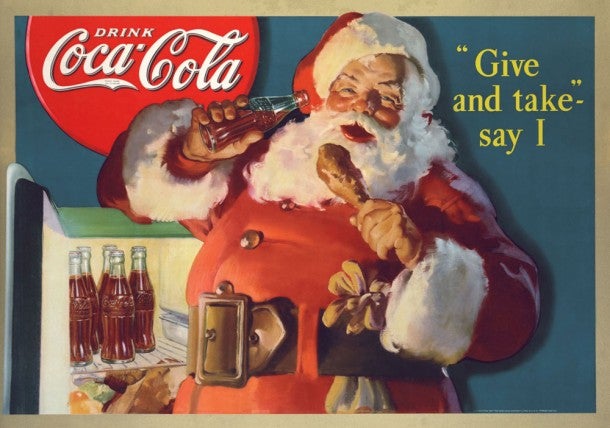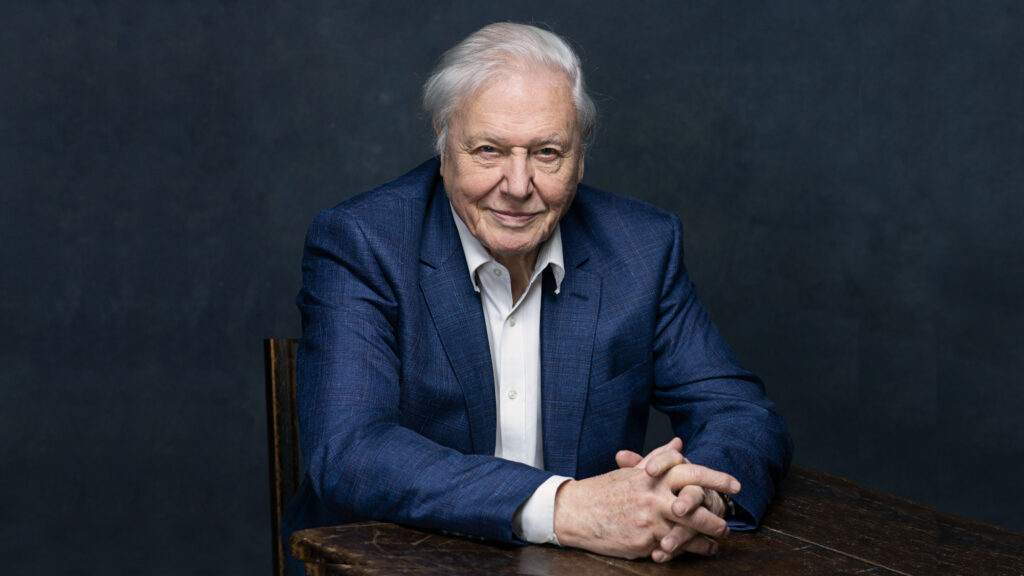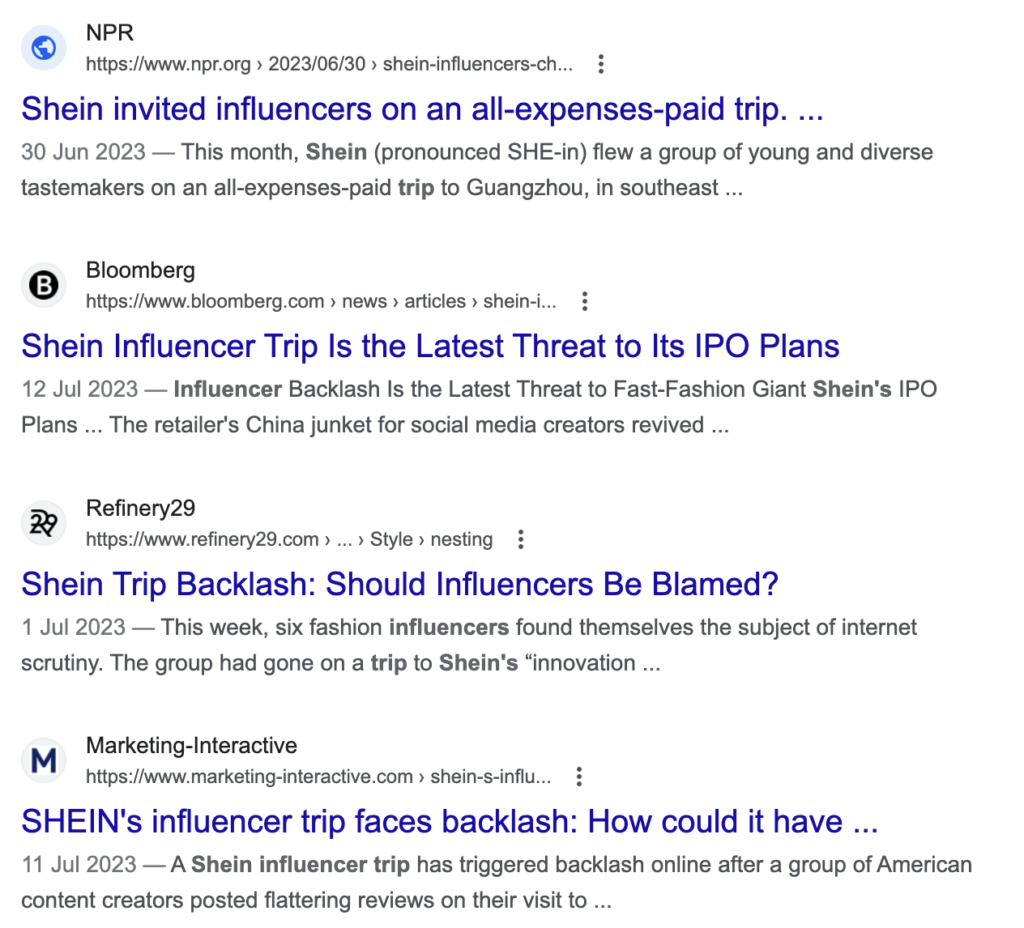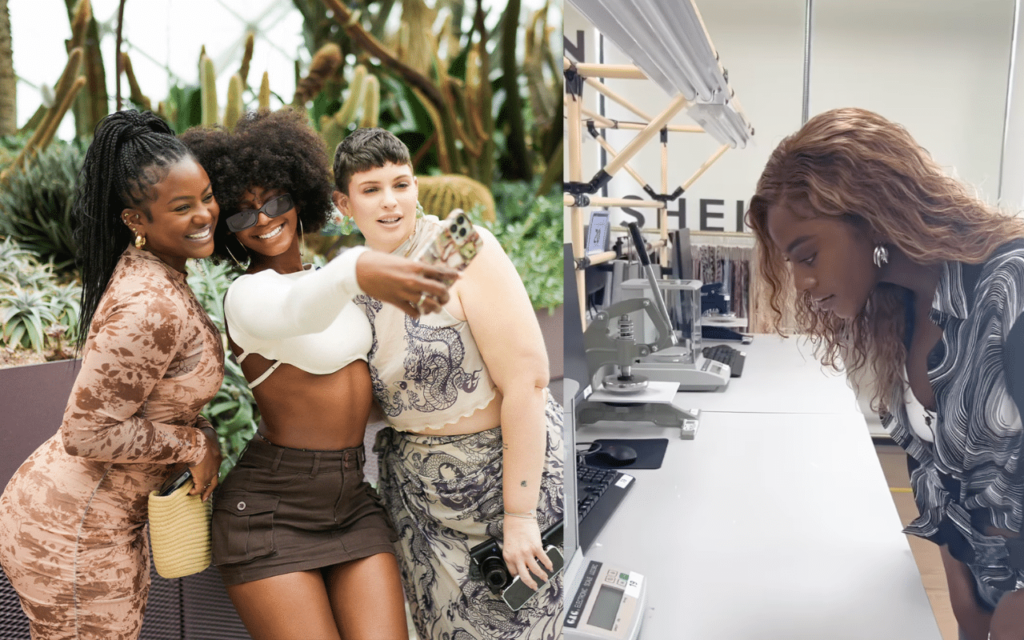In today’s era marked by the overwhelming presence of social media, influencers wield considerable influence, moulding consumer trends and endorsing brands. Amid a prevailing sustainability focus, brands are strategically constructing narratives around their environmental and societal initiatives, striving to deepen engagement and cultivate brand loyalty. Yet, for influencers advocating sustainable brands and products, their journey involves a nuanced mix of scrutiny and commendation.
Brand Marketing’s Evolutionary Leap with Influencers
The origins of this marketing approach span further back in history than many might realise. Prior to the rise of social media, people primarily depended on channels such as print advertisements and television commercials for product recommendations. Even in the earliest days of marketing, it was evident that incorporating influential figures in advertisements could significantly impact consumers’ buying choices.
During the early 19th century, Coca-Cola played a significant role in popularising Santa Claus, fostering a sense of joy and bolstering beverage sales during the height of The Great Depression.

Source: Chron
Following that, celebrity endorsements became a trend, with Bruce Lee, martial arts legend and actor, posthumously appearing after 40 years as part of a Johnnie Walker whisky ad. The campaign leveraged CGI technology to revive Bruce Lee’s image, seamlessly integrating audio recordings to create scenes of the actor delivering his enigmatic phrases such as “Water, it’s like instincts. Shapeless, formless, fluid.”
Bruce Lee Appearance in a Johnnie Walker ad
Achieving an impressive $5.2 return on investment (ROI) for every dollar invested, creator and influencer marketing has ascended to an essential role in the world of branding. This strategy bridges connections between brands and trusted figures within niche communities or individuals boasting engaged and sizeable followings.
The Voice for the Planet: Sustainability Advocates
The seeds of the climate change movement were sown after the 2000s, marked by pivotal releases of documentaries such as “Before the Flood”. The award-winning film was advocated by highly influential personality and environmental activist Leonardo Dicaprio, who significantly contributed by bringing the topic into the mainstream discourse.
The younger generation has also made headlines. Greta Thunberg, at the mere age of 15, fearlessly chose to skip school to spearhead climate protests outside the Swedish Parliament, inspiring a global youth movement for climate justice.
In 2022, British environmentalist Sir David Attenborough received the Champions of the Earth Lifetime Achievement Award, celebrating his lifelong dedication to nature preservation. His work of co-founding the World Wildlife Fund in the 1960s as well as producing impact documentaries on climate change established him as an iconic figure of environmental conservation.

Sir David Attenborough, recipient of the UN’s most prestigious environmental accolade
Source: UNEP
Sustainability Crossroads: Sell-out or Catalyst?
Navigating the terrain of celebrity advocacy demands a delicate balance, as it involves the challenge of upholding one’s principles in the public eye.
Shein’s influencers encountered a tricky situation as they navigated the intricacies of sustainability in June.

Source: Google
Shein, recognised for its affordable and trendy fashion catering to young women and teenagers, thrives on their extensive fashion selection, rapid inventory turner and competitive pricing. Notably, the brand boasts an active social media presence and strategic influencer partnerships. Shein has employed the same strategy today to engage with one of the most complex and sensitive topics in modern discourse.

Shein Influencer Trip
Source: Centennial World
During the trip, influencer Dani Cabonari (@itsdanidmc) portrayed herself as an “investigative journalist” in a now-deleted Instagram reel, claiming to have interviewed an employee from the fabric-cutting department. Influencer Destine Sudduth (@itsdestene_) also mentioned interviewing employees regarding their working conditions and their perplexed response to negative press about the company. Both influencers faced severe social media backlash, as many believed they were endorsing Shein’s image rehabilitation efforts without sufficient scrutiny.
Who is Accountable – The Brand or The Influencer?
In our perspective, responsibility is split 80/20. Examining brand examples illustrates the stark contrast: IKEA boldly adopts a circular business model and continues to innovate to make substantial sustainability contributions. In contrast, Shein’s sustainability narrative falters as it tries to convey a sustainable message primarily through Shein Exchange, a peer-to-peer marketplace for pre-owned items.
Crafting authentic narratives rooted in honesty and integrity is vital for brands to resonate with customers. Consequently, influencers representing these brands must exercise a “duty of care” to their followers and the public, upholding the brand promise with transparency and sincerity.
As sustainability increasingly shapes consumer preferences, influencers’ role in sustainable branding grows. By aligning with environmentally and socially responsible brands, influencers can inspire positive action among their followers. When influencers and brands collaborate transparently and sincerely, sustainable branding emerges as a potent catalyst for positive change, benefiting both society and the environment.
References:
https://www.chron.com/business/article/This-is-how-Coca-Cola-invented-Santa-Claus-16727869.php




